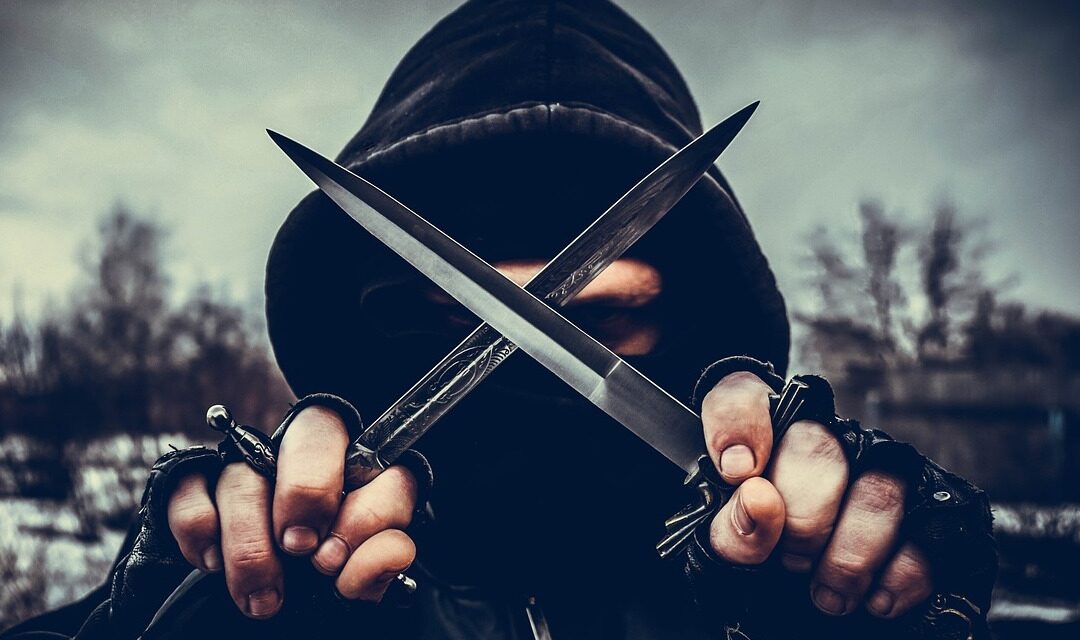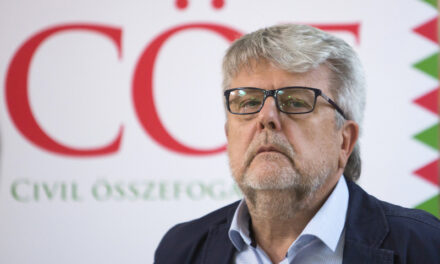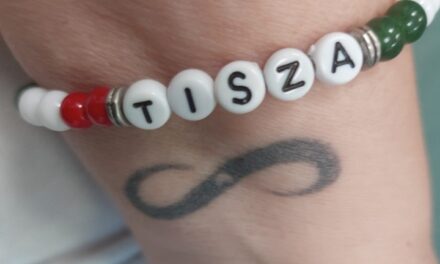The Damascus blades clashed with sparks in Germany, 230 kilometers from Solingen and 24 years before the August murders. The protagonists of both events are Syrian men. In 2000, while the gunmen were members of the Assad regime, the 26-year-old killer who stabbed 3 peaceful celebrants was a sworn soldier of the Islamic State terrorist organization. He was born in a dictatorship hated by Western countries in the last century, and as a teenager he saw his homeland being destroyed as a result of the export of democracy. The country on whose territory the cradle of Christianity rocked. The Muslim-Arab country where, even in the darkest years of apostasy, the free practice of religion was natural, and the followers of Christ could live as Christians.
The host of the Millennium World Exhibition was the capital of Lower Saxony, Hannover. But from behind the economic storefront built on the territory of the former East Germany, the rifts hinting at the conflict between East and West peeked out. According to the inscriptions scrawled on the walls of the pavilions, not all of the more than 84 million Germans were satisfied with the then 10-year-old German unity, or – as the country's politicians do not like to hear – with the unification of the two Germanys.
Well, in comparison, whether the blade that the summer attacker brandished as a weapon among the celebrants on the 650th anniversary of the founding of the German city was from Damascus or Solingen is almost irrelevant. We are also not helped by the fact that we know that the kind of "saw" sabers that simply cut the enemy's sword in half are not currently being made in Damascus, which even the former crusaders who rode to Jerusalem to defend the Holy Land were afraid of. Because the former ore mines that provided the raw material for the famous and infamous blades have been exhausted. However, German politics is not concerned with the quality of the forged steel, but rather with the length of the blade. As if a 6-centimeter knife in the hands of a terrorist who specifically attacks the neck - an immigrant from Syria - is less dangerous. In any case, dealing with knives in a country where there is even a law on children's favorite fish knives is almost ridiculous.
The possession of butterfly knives, certain daggers, folding knives and fist knives can easily be classified as a crime under the Weapons Act. The situation is different with fixed-blade or two-handed stabbing and cutting tools. Possessing them is less dangerous if their blade does not exceed 12 centimeters. This restriction is reduced to 6 centimeters by the new law. In the case of a razor, the shorter one is already a razor blade. The kitchen knife - which, if a person is demanding, only buys one that is "Made in Germany/Solingen" - can be kept by adults as long as they do not use it in public. Of course, you can do it at home, in the kitchen or even in the bedroom. There is no specific law for the possession of a machete, as long as the wielder of the weapon does not violate any other law. I couldn't read what was going on with my Swiss army knife from the paragraphs. Although it is also possible that Switzerland enjoys a special position in Europe in this case as well.
According to the federal police, the number of serious stab wounds in Germany has increased by 5.6 percent since last year. There were 8,951 such cases last year. Railway stations are particularly dangerous. In the first six months of this year, people waiting for trains were attacked 430 times. With all this, it is not the railway semaphore that signals, but the coalition traffic light. After Chancellor Scholz failed to set it to red for migrants, and those on the left who were concerned about the environment did not dare to take on winter green, the provincial elections show that the politicians who tighten the use of knives are late. The liberals are flashing yellow the danger light of an early election. They reassure the increasingly impatient voters that the coalition government in Berlin is not even worth Christmas this year.
Author: Attila Miklós Németh
Cover image: Illustration / Pixabay













